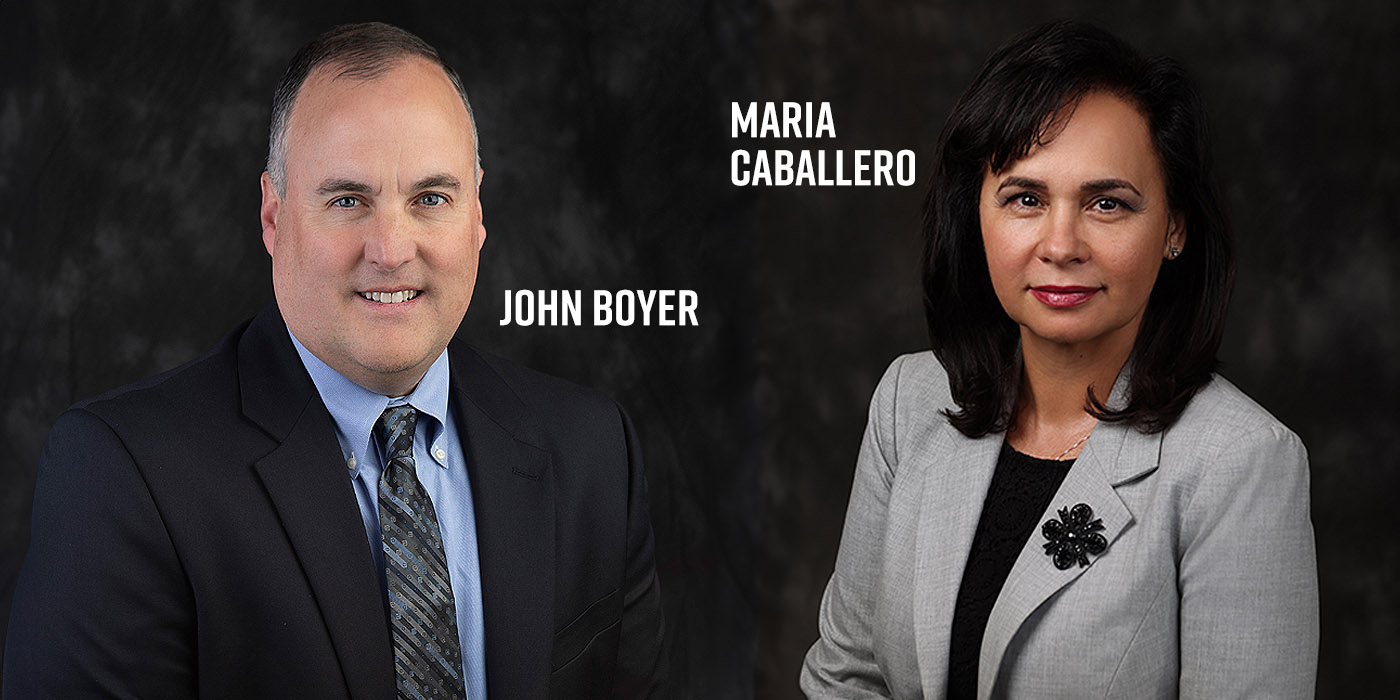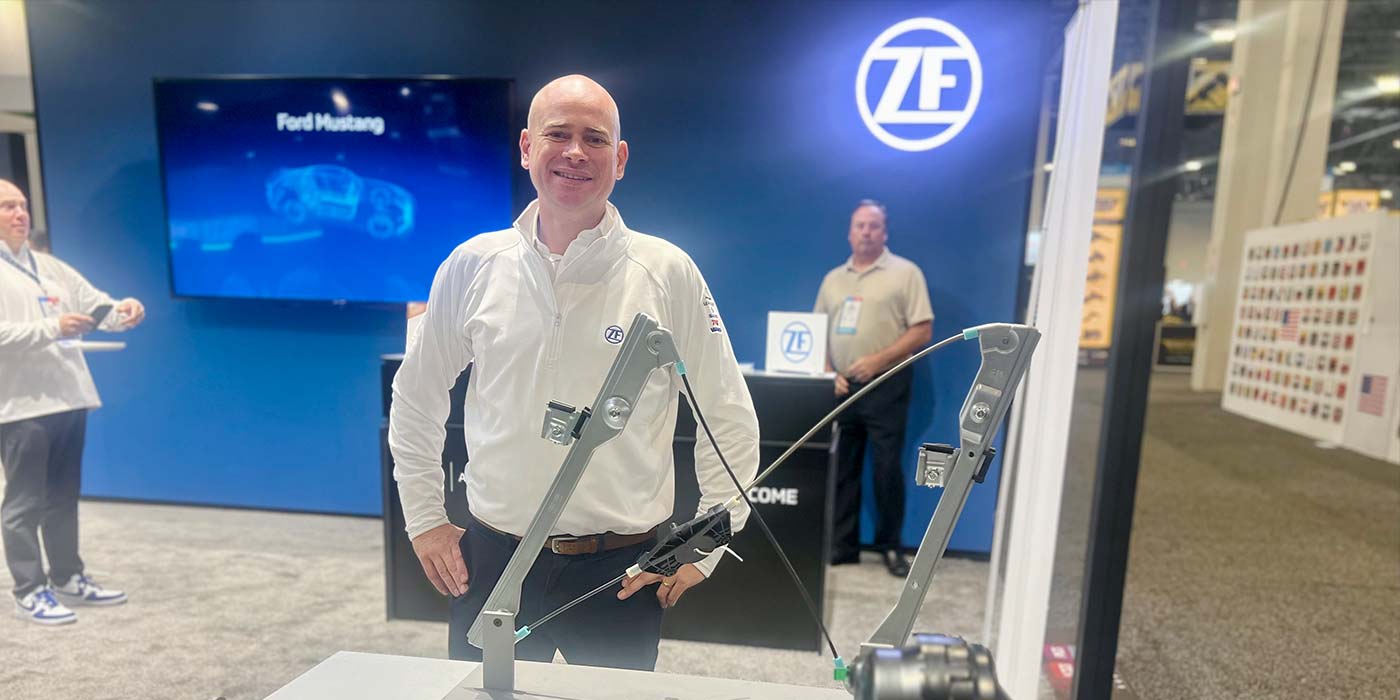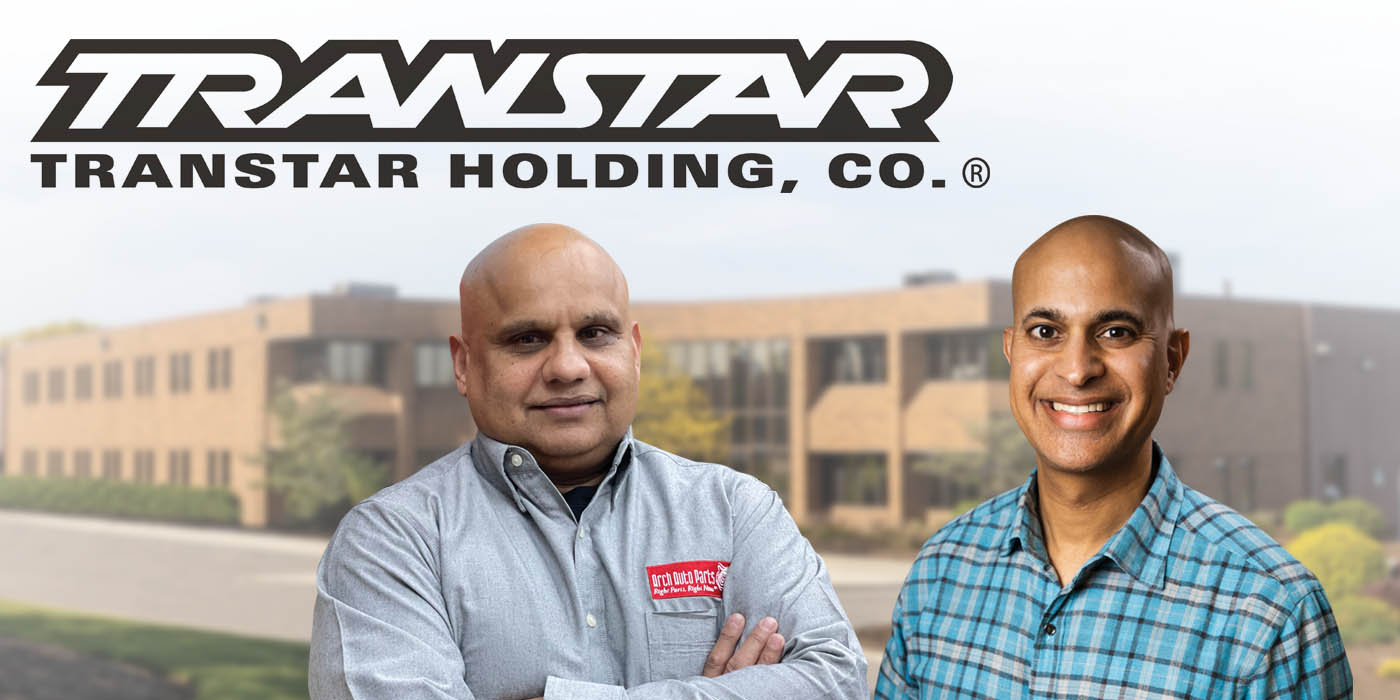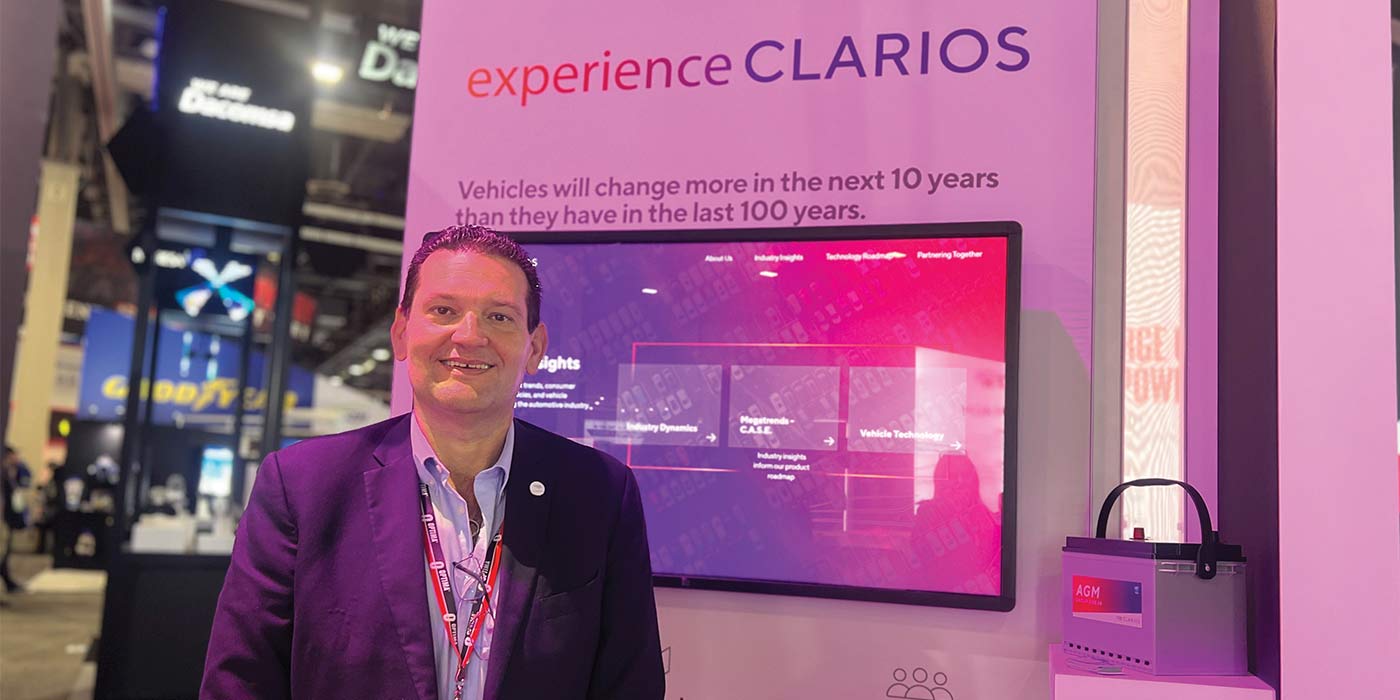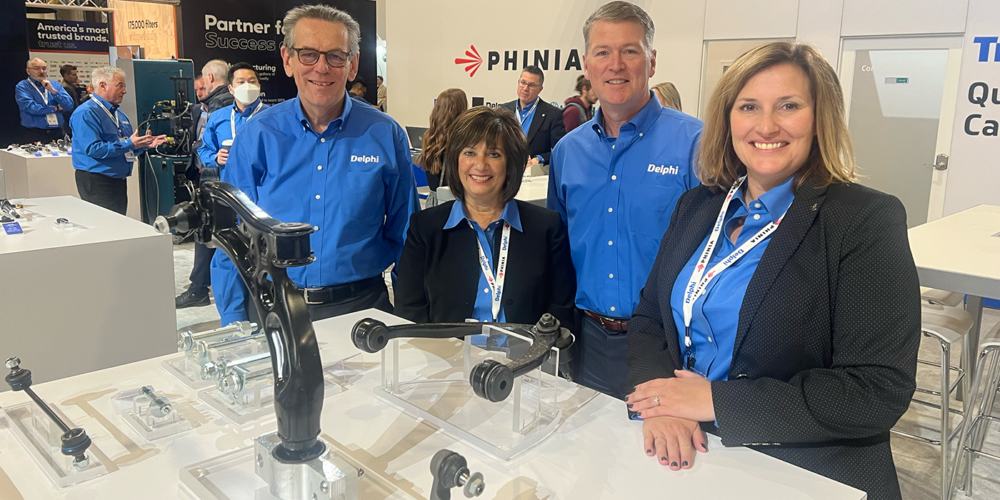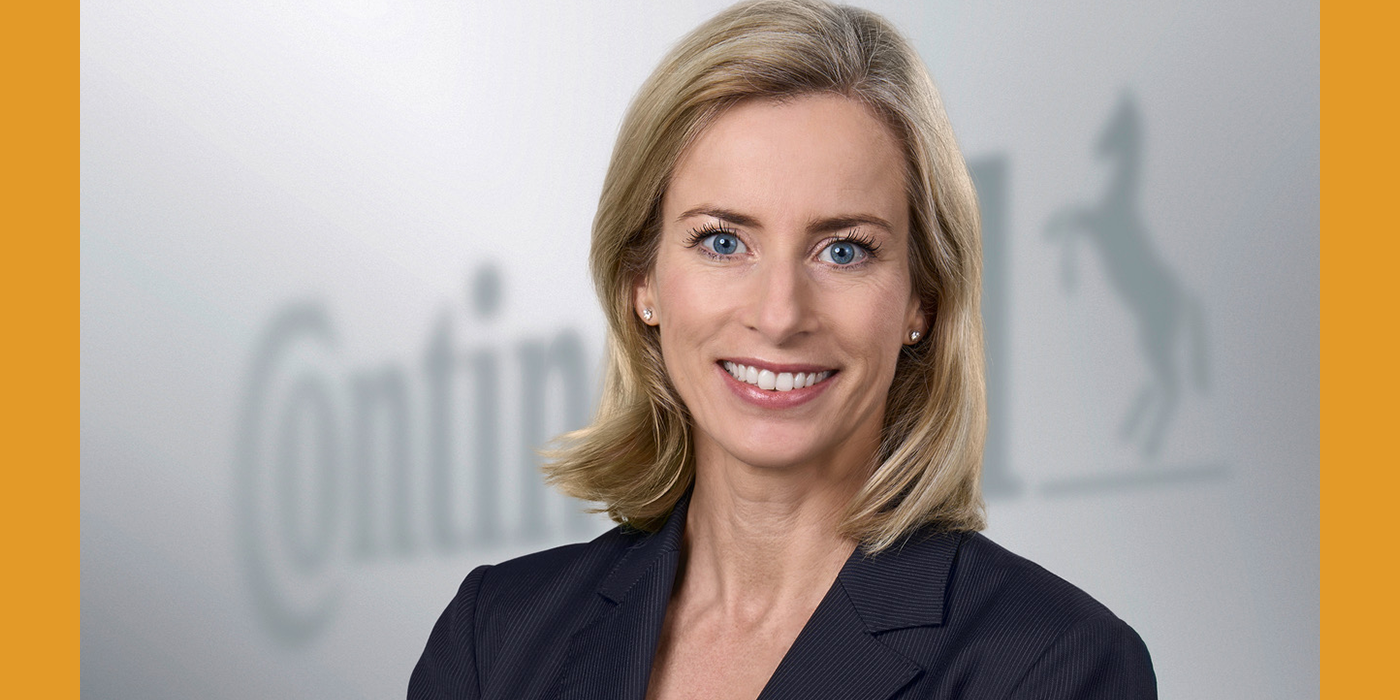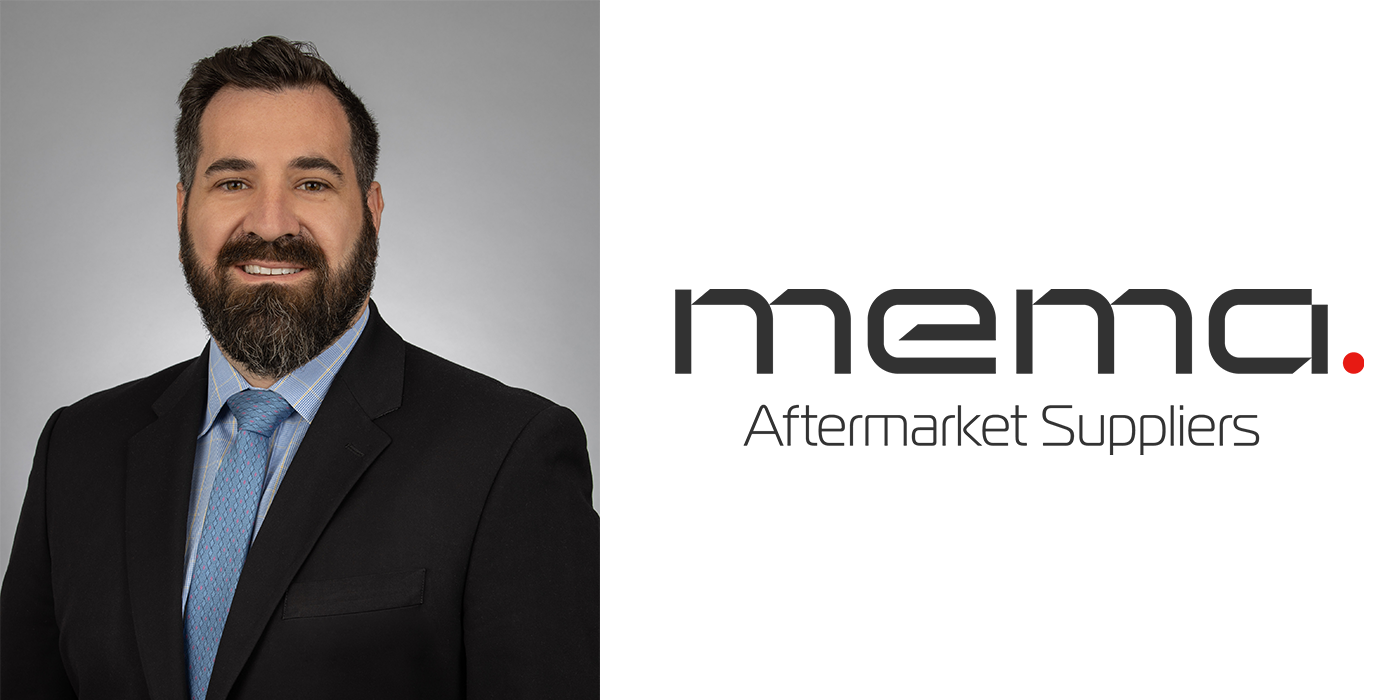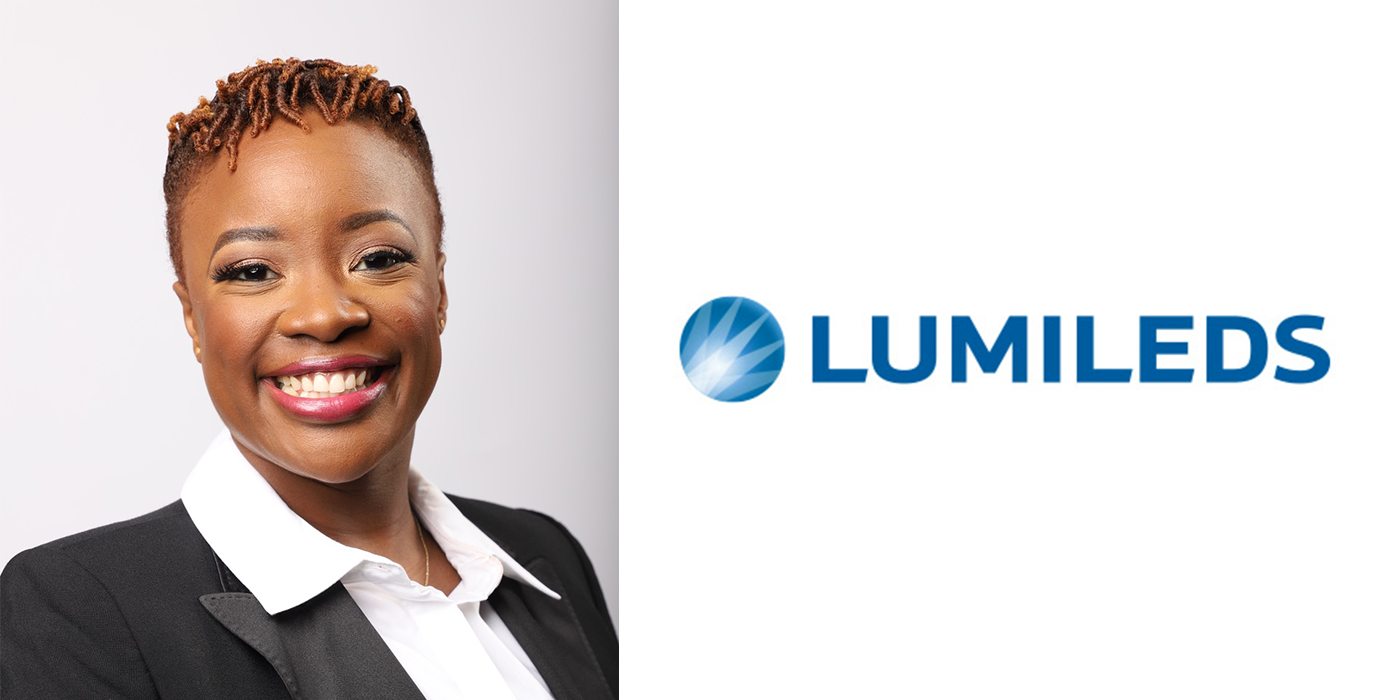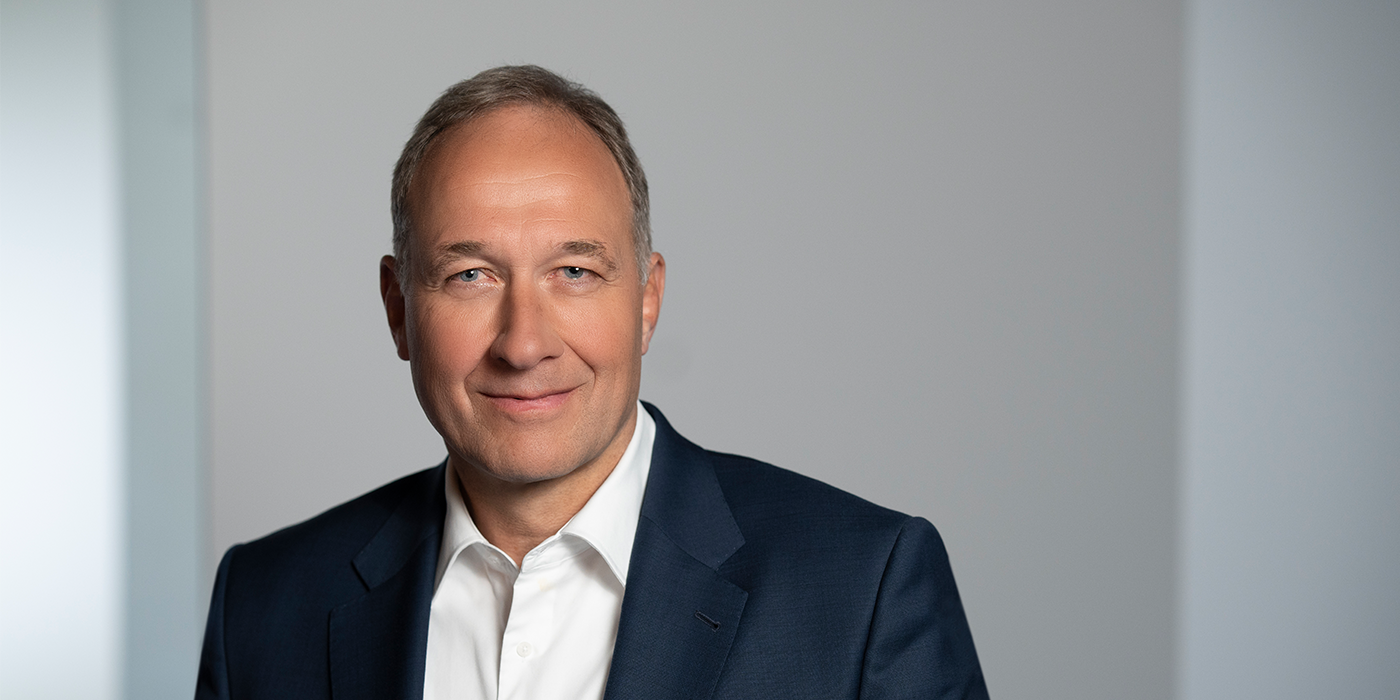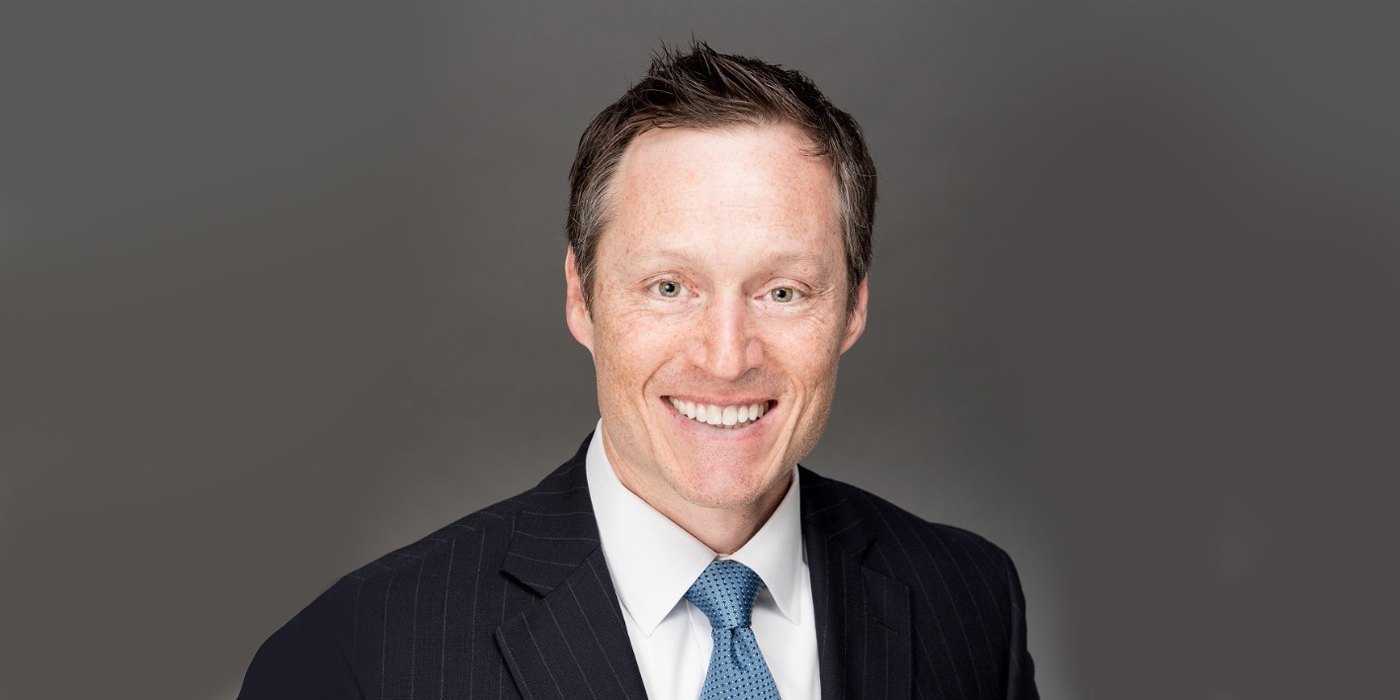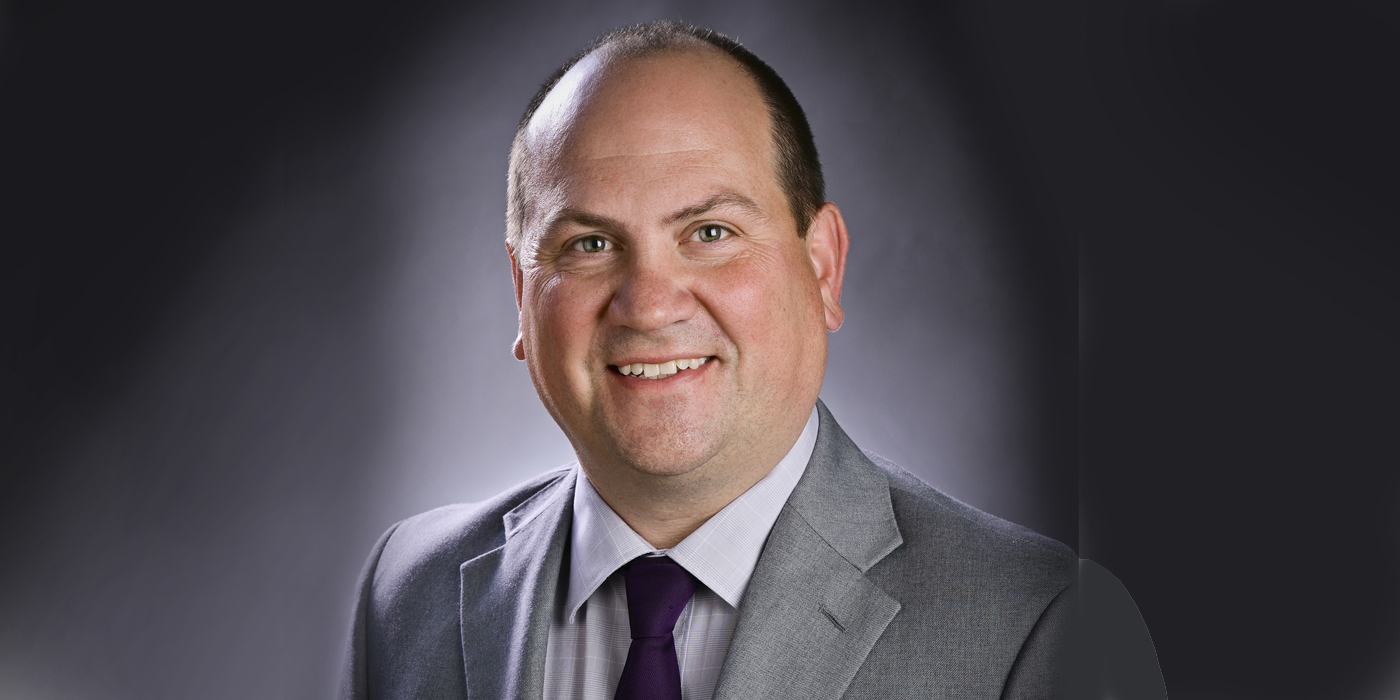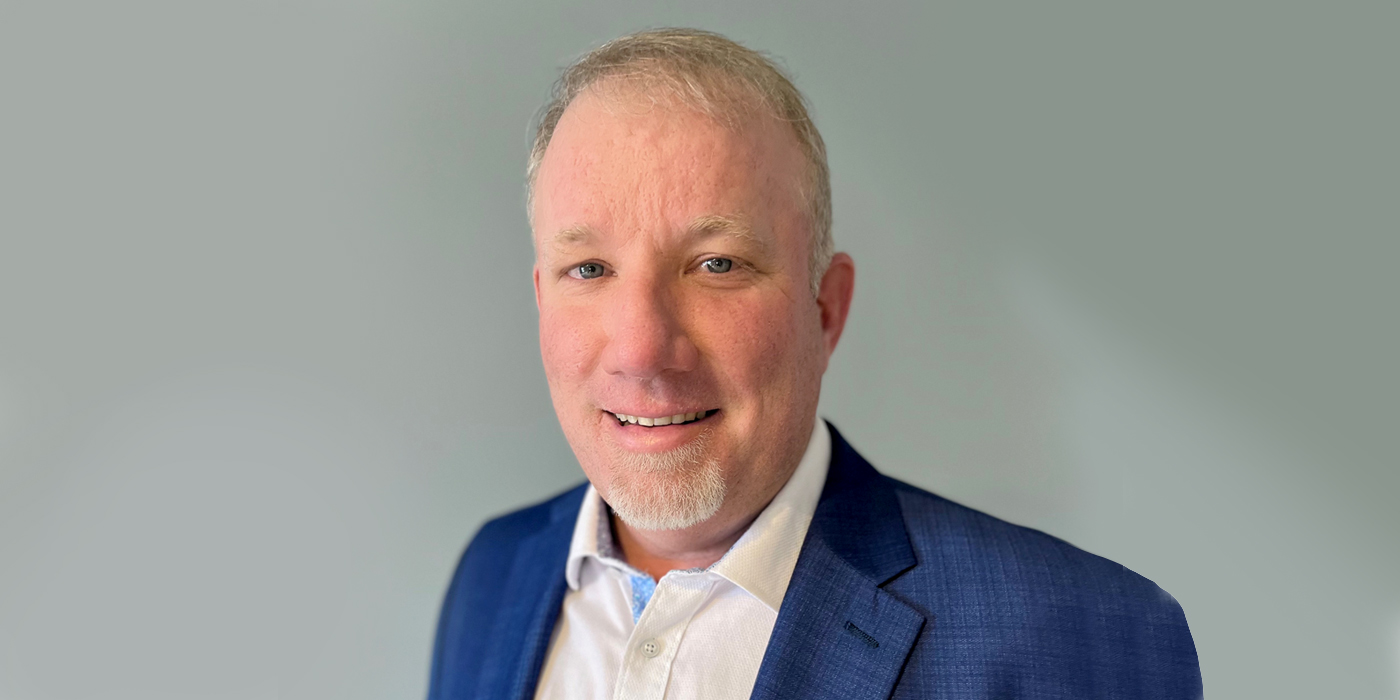From aftermarketNews
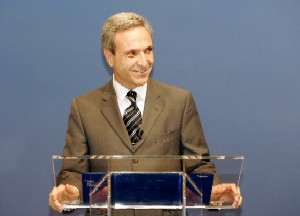 Last month in Las Vegas, aftermarketNews Publisher Jon Owens and Editor Amy Antenora sat down with Federal-Mogul Chairman, President and Chief Executive Officer Jose Maria Alapont to continue a conversation that began at last year’s AAPEX show. In November, Federal-Mogul received approval for its Final Plan of Reorganization and hopes to emerge from Chapter 11 by the end of the year. Read on to learn more Alapont’s ‘fresh start’ vision for the new Federal-Mogul as well as how the company is wrapping up nearly six years of operating under Chapter 11.
Last month in Las Vegas, aftermarketNews Publisher Jon Owens and Editor Amy Antenora sat down with Federal-Mogul Chairman, President and Chief Executive Officer Jose Maria Alapont to continue a conversation that began at last year’s AAPEX show. In November, Federal-Mogul received approval for its Final Plan of Reorganization and hopes to emerge from Chapter 11 by the end of the year. Read on to learn more Alapont’s ‘fresh start’ vision for the new Federal-Mogul as well as how the company is wrapping up nearly six years of operating under Chapter 11.
It appears that from all that we’ve read and seen lately Federal-Mogul is having great success this year. How are things going?
I am very pleased with our progress. If you recall from our interview last year, I told you that one of the key elements of Federal-Mogul’s strategy was to work successfully on dual paths: emerging from Chapter 11 and developing a world-class company that would generate sustainable global profitable growth. Now that we are here a year later, we are confident we will emerge from Chapter 11 by year end.
Since we last spoke, we emerged from Administration in the U.K. at the end of November 2006. Most recently, on November 8, of this year, the U.S. Bankruptcy Court confirmed our Plan of Reorganization on a wholly consensual basis, and with no objections. Subsequently, the plan was affirmed by the U.S. District Court on Nov. 14. Things are heading in the right direction to fulfill our objective to emerge from Chapter 11 by year-end and we continue to show consistent strong business and operational performance.
It takes a lot of resources, energy and effort within your team globally to deal with the process of emerging from Chapter 11. What is the plan to deploy these people now that the company is at the end of this process? It sounds like you are going to have some resources at your disposal to redeploy.
When we implemented our strategy to develop a world-class company to drive sustainable global profitable growth we ensured that our global operations team maintained a strong focus on the future rather than becoming involved in the details of managing the Chapter 11 process.
The company, upon emergence from Chapter 11, will begin with a fresh start accounting process. We will list the company on a stock exchange, and continue to solidly perform on our path as a global, world-class company focused on performing quarter after quarter, year after year. You know how difficult it has been in the North American automotive sector in the last few years, however despite this we have reported continuous improvements in our results.
In looking at your most recent financial statement, you had attributed recent growth to ‘increased volumes.’ Can you share with us what region of the globe are these increased volumes taking place, and in what markets?
Our growth has been well distributed globally, and it is important to note that at Federal-Mogul no one customer accounts for more than 7 percent of our total revenue. We have a strong global presence and are structured to grow with the market. In our case, we are growing ahead of the market. We derive great strength from our market and customer diversification. For instance when a given vehicle manufacturer or distribution group is facing certain challenges, we are able to manage these market conditions because we are well-deployed and engaged around the globe.
In the past, vehicle manufacturers and distribution groups were dependent on the performance of the market. Everyone benefited when the market went up; everyone suffered when it went down. In the last decade, however, that has changed. In any given region, at any given time, a number of our customers, whether they are vehicle manufacturers or distribution groups, are doing well and taking advantage of the growth. Others are not achieving their objectives and are losing market share. That is the state of the global industry and the nature of the competitive pressures. I believe it is fundamental to be well diversified and it requires tremendous effort to be a leader in technology and innovation, meeting the expectations of all customers, both in the aftermarket and OE sectors.
Our strategy for the global aftermarket is to anticipate the market dynamics, and be comfortable with change. Therefore, it is very important for our marketing experts to not only respond quickly, but to anticipate the requirements of our customers and marketplace to help the company exceed expectations.
You just mentioned your plans for a “fresh start” for the company. Last year when we met, you were very focused on “globalizing” Federal-Mogul. How far along is Federal-Mogul in achieving what you envision as “truly global,” and what benchmarks have you set for the company toward achieving that goal?
During the three years that I have been with Federal-Mogul we have embarked upon a major drive for true globalization. I’d like to highlight the fact that it is true globalization, because in the aftermarket, like any other industry, you can have superficial globalization, meaning it looks good on the surface but when you dig down into it, there is no substance. You can’t only globalize manufacturing operations and then import all the materials and components from high-cost countries. A company is truly global when you globalize manufacturing, engineering, sourcing of materials and components.
True globalization also means having management control of all of the operations worldwide. Our team has spent a tremendous amount of energy toward this objective. We have met with all of our worldwide partners and explained our strategy. This allowed us to market our leading technology and innovation, implement our manufacturing processes, and maintain consistent quality standards worldwide.
These are your suppliers you are referring to?
These are the guiding principles for our corporate joint ventures and they establish our standards of operations and quality to our suppliers.
We are global in the practical sense; we operate all of our facilities and joint ventures around the world under the same strategy and with the same set of values.
This strategy you just mentioned also puts you in a position to better control a divestiture if you so chose. It’s been speculated that this is a possibility.
We are committed to our leading p rod uct portfolio and our trusted brands. Our teams have done a wonderful job in marketing Federal-Mogul’s world-renowned brands. We will remain a worldwide leader in OE p rod ucts, whether they are pistons, rings, seals, bearings or friction material. In fact, we have the number-one or number-two market share across nearly all of our p rod ucts.
In North America there are a large number of brands, because of the demand in the marketplace. There are opportunities to redirect these brands through different regional approaches around the world.
Deregulation has made Europe more of a branded market now, whereas in the past, it was very much OE oriented. Certainly, the customer service market in North America has become a little more European and the European customer service market is becoming a little more North American — another sign of globalization.
In Asia Pacific and in South America , where we are making a major drive as well, our team has developed a deployment strategy for some of our brands, such as Champion, which has a great image and reputation around the globe. Traditionally, the Champion brand is used in North America for ignition; in Asia Pacific we will use the brand for other power and performance p rod ucts.
Didn’t the company previously do some licensing with relation to the Champion brand?
We have to be creative about how we expand the franchise; however, the way we operate in the U.S. will not necessarily be the way we will approach the market in Asia , Russia or South America . In some of these regions we have enough of a brand mix that we could actually help shape the market.
Federal-Mogul is embracing the leadership responsibility it has in the aftermarket, we are able to redefine and leverage business models that anticipate market movements and globalization trends. This should be very reassuring for our aftermarket customers who rely on us to deliver innovative technologies and strong trusted brands.
You are about to see Federal-Mogul broaden its p rod uct range, not by licensing, but by true globalization.
What you described is quite unique — utilizing your portfolio of brands as assets, as a way to deploy yourselves in these emerging markets.
At Federal-Mogul our brands are important assets. As you know and pointed out earlier, the aftermarket and OE are very different businesses, yet the two complement themselves very well at Federal-Mogul.
We have talented chief engineers for powertrain, chassis, safety and vehicle p rod ucts. These chief engineers, with their staffs, reside in our technical centers around the world, leveraging synergies of our OE developments, testing capabilities and diverse engineering expertise. The culture of Federal-Mogul’s engineering team is customer oriented, focused on OE manufacturers and the aftermarket industry.
I have spent half of my life in vehicle manufacturing and I know that when you design a component, it will be designed in the most efficient way with robotics and very specific reference points that guide the installation process. In the aftermarket, the service to repair vehicles is performed by an individual installer; that is why we engineer for functionality, making our p rod ucts service- and repair-friendly. At Federal-Mogul, we believe reverse engineering is critical for the aftermarket sector. This is extremely valuable to our customers and one of the reasons our brands offer premium value in the marketplace. Our competitive advantage is both in terms of technological performance of the p rod uct as well as ease of installation and maintenance.
Our world-class OE technology and innovation support our leadership position in the aftermarket. This is achieved by utilizing our OE capability and designing for functionality to p rod uce aftermarket-friendly applications. That is the true essence of differentiated branding.

